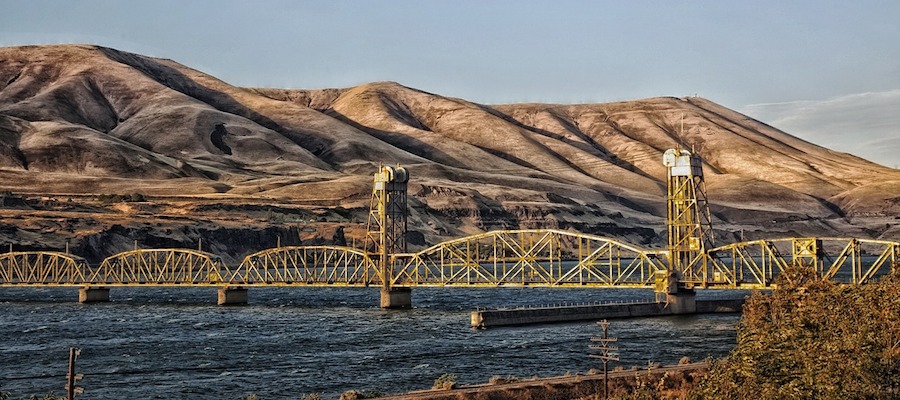The Clean Energy Act – adding insult to injury
I don’t follow the provincial legislature closely enough to judge whether the proposed Clean Energy Act is the worst legislation the Liberals have introduced since first being elected, but it has to be a front runner.
The first objective listed in the Act is the government’s misdirected requirement for BC Hydro to be self-sufficient, with all of the needless cost and environmental impact that entails. Under self-sufficiency as defined in the Act, BC Hydro must assume it cannot buy any power from the well-established spot markets in Alberta or the US northwest even in extreme drought conditions. It must assume that the province won’t allow it to use any of the downstream power benefits the province receives each year under the Columbia Power Treaty, again, even in extreme drought conditions. It must pretend that the Burrard Thermal plant does not exist as a back up for low water conditions, even though that plant must be maintained to ensure voltage stability and meet peak requirements in the Lower Mainland. And now, adding insult to expensive injury, the new Act arbitrarily adds 3000 GWh (an amount equal to two-thirds the total output of Site C) to the self-sufficiency requirement starting in 2020.
Self-sufficiency, most obviously with the added 3000 GWh requirement, is a policy forcing BC Hydro to buy power for export (whether economic or not — most likely not). But the main thrust of this Act goes further. BC Hydro will be required to seek out new export opportunities so it can buy even more IPP supply. It will then have to acquire or develop the necessary transmission, provide whatever back-up services are needed to create a marketable product and sell the repackaged supply hopefully, but not necessarily for a profit.
The government has never explained why BC Hydro should be taking on this high risk, merchant trading role — a role that the private sector and its bankers won’t take on themselves. The government could simply have required BC Hydro to sell at fair, competitive prices the transmission and back-up services the would-be exporters need. Those who want to develop power for export could assume the marketing responsibilities and market risk. At least then there would be some expert, focussed oversight to the merits of the export plans.
Under the Clean Energy Act there is no such oversight. The BC Utilities Commission can’t question BC Hydro’s export plans (as well as a scandalously long list of other initiatives the government is forcing BC Hydro to pursue). BC Hydro doesn’t have the final say. Cabinet, a sad proxy for shareholder interest, will decide. The Act explicitly gives Cabinet the power to force BC Hydro to purchase power for export, even when BC Hydro management and Board has concluded there is no merit in doing so.
One can only laugh at the media spin that the Act is designed to protect ratepayers and enrich taxpayers. BC Hydro’s own estimates indicate that self-sufficiency alone will add in excess of a billion dollars to BC Hydro’s revenue requirements, significantly driving up rates. And now the projects BC Hydro will have to develop, the services it will have to provide and the market risks Cabinet may force it to take will in all likelihood diminish the value of BC Hydro’s assets for all but the IPPs the Act is clearly designed to serve.
The unnecessary cost and risk this Act imposes on BC Hydro is bad economics. The excessive amount of generation and transmission development it is intended to promote is bad for the terrestrial and aquatic environments it will affect. And the absence of any independent oversight of almost all of what is required under this Act is bad public policy. It is bad legislation — it has to be a frontrunner for worst legislation of the decade.
Topics: Climate change & energy policy



